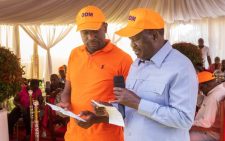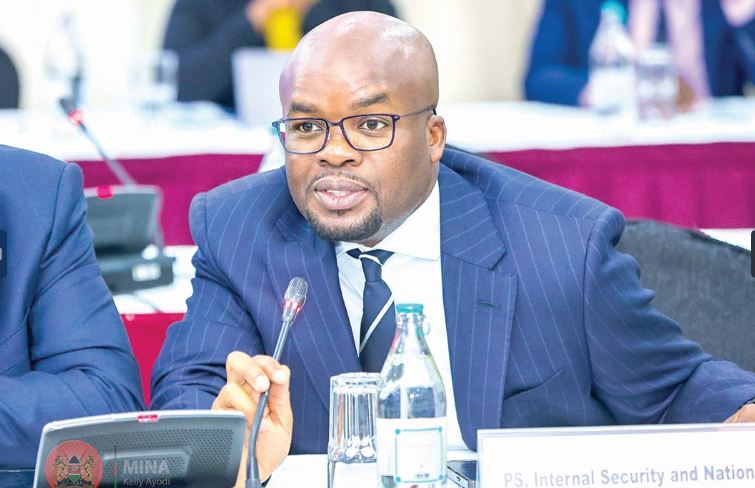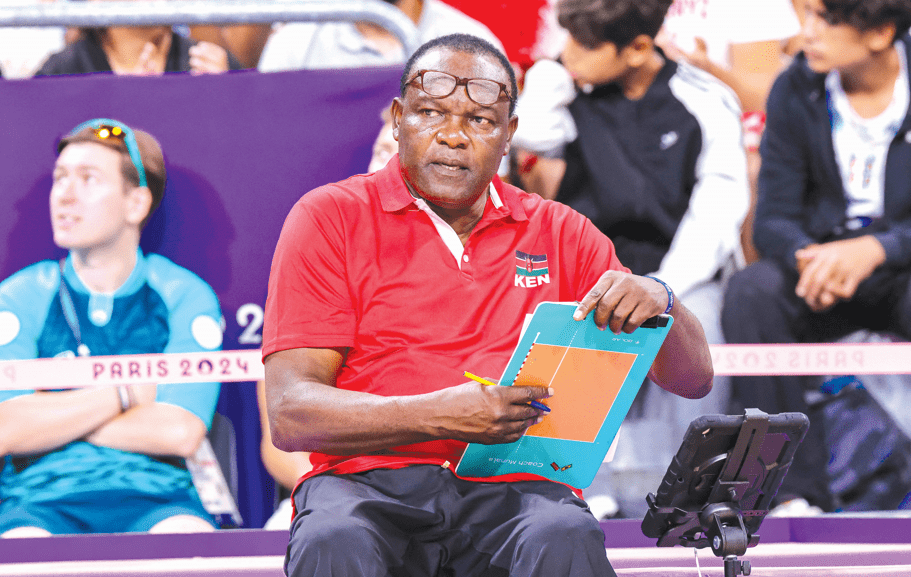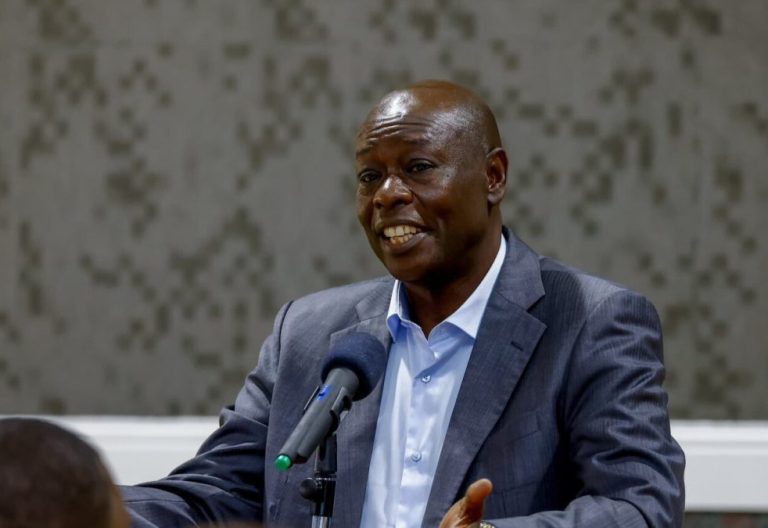Treasury should be fined for hindering IEBC, panel told
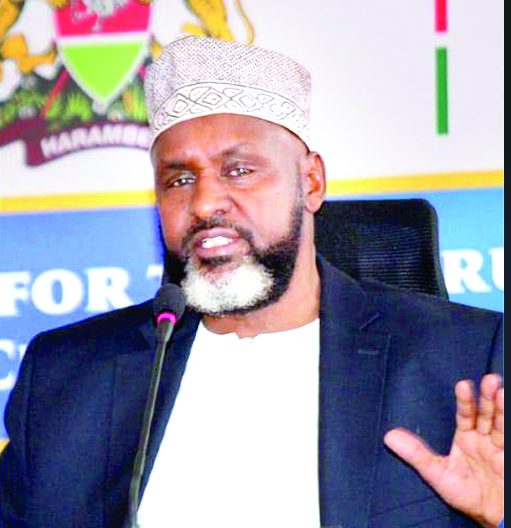
A former MP has called for legislation of a new law to criminalise the withholding of funds meant for election processes by the National Treasury.
While being interviewed for the position of Independent Electoral and Boundaries Commission (IEBC) member, former Lafey MP Shabaan Ali said political interference has caused delays in releasing money for operations at the electoral agency, stalling critical exercises like voter registration.
“Make it a law so that finances can be released in real-time or even two years before the election. If the Treasury doesn’t release the money in good time, we should give it a penalty,” Ali said.
Additionally, Ali who was an assistant minister for Local Government during former President Mwai Kibaki’s era proposed that the electoral body could also be funded directly from the Consolidated Fund to minimise political interference in Parliament further delaying the disbursement of money to IEBC
Most of the time, the ex-legislator told the selection panel, IEBC staff are idle as the National Treasury continues to withhold money only to release it at the last minute. This overwhelms the commission as it rushes to prepare for a general election over a short time.
“Some election logistics like voter registration and verification, and technology being used take a lot of time to be implemented. Due to public trust, it has to be procured from abroad and it requires a long timeframe. Even after the procurement is done, the technology has to be tested in the presence of all stakeholders including the media and political parties and more time is consumed at that exercise,” he explained.
Regular updating
Ali, who served as an MP for 18 years, said IEBC should be allowed to access reports from the Registrar of Births and Deaths at the constituency level frequently to keep the voter register updated.
Coming from a marginalised area, the former Northern Water Works Agency chairman decried that the people living with disability and the youth are mostly discriminated against registering as voters like other Kenyans.
“The youth from our region have been left out in the voting process for lack of identity cards. Many times, I have assisted people with disabilities from far-flung areas to go to the nearest stations to register as voters. This is an area that IEBC should look into,” Ali said.
Another candidate, Rashid Adan proposed that a committee should scrutinise and verify the Sh3.2 billion pending bills in legal fees accrued by the commission.
Appearing before the Nelson Makanda-led panel, Adan narrated how election seasons usually turn the electoral body into a cash cow for lawyers resulting in the accumulated debt.
“Lawyers call it the boom season over the election petitions and litigations that follow thereafter. To reduce the pending bills, we need to form a committee to audit the legal fees based on which ones are verifiable,” Adan said.
Contractual framework
The commission, he said, must have a stakeholder meeting with all the lawyers who are owed money and negotiate every debt that has been verified.
He blamed it on bad budgeting practices noting that the commission should not be sourcing for services while there are no funds to pay for them.
The 36-year-old lawyer said that IEBC must create a contractual framework that will guide its engagement with lawyers.
“Such a contract will enable the commission to negotiate the legal fees in advance given that the lawyers’ fees are regulated by Advocates Remuneration Order. IEBC should also have in-house counsels to reduce the cost of outsourcing of legal services,” he added.
Lamu Magistrate, Israel Ruhu who became the second highly ranked judicial officer to be interviewed after his Naivasha counterpart Abdulqadir Lorot said that intense civic education should be carried out in regions that are likely to be affected by boundary delimitation.
“In the last delimitation exercise, there were some constituencies that did not meet the population quota threshold and needed to be eliminated,” he said.
IF appointed to serve in the electoral body, Ruhu said he would propose radical reforms in election laws to curb malpractices like the use of public resources in campaigns.

